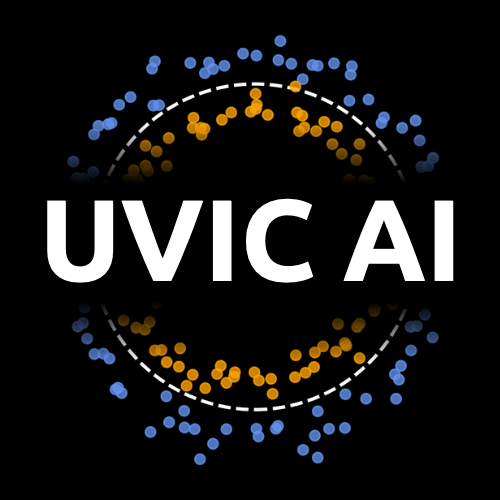WildfireManagementRL
Simulating Responsive Action to Wildfire Disasters with Reinforcement Learning (RL)

💖 Motivation
Forest fires are a major source of air pollution, releasing vast amounts of CO₂ and posing serious risks to human infrastructure.
The costs of fire suppression in British Columbia alone are approaching $1 billion per year, and continue to rise.
This makes the development of intelligent, cost-effective wildfire management strategies an urgent research priority.
📝 Background
A wide range of fire spread simulators already exist, taking into account factors such as:
- Elevation
- Wind
- Fuel type
These simulators are crucial for developing fire management plans, but they typically exclude human intervention from the spread dynamics.
Previous attempts to introduce reinforcement learning (RL) agents into wildfire simulations have shown promise, but:
- Their underlying simulators often lack realism
- The actions available to agents don’t reflect the true operations of fire crews
💡 Our Contributions
Our project seeks to bridge this gap by developing an RL environment informed by modern fire spread simulators:
- Parameters of spread dynamics are tuned to reflect realistic fire behavior in Northwestern BC
- Multiple RL agents are trained to fight wildfires cooperatively
- Agent actions are modeled after actual fire crew operations, making simulations more realistic and operationally relevant
🔥 This project explores how AI-driven strategies could one day assist in minimizing damage, reducing costs, and saving lives during wildfire disasters.
